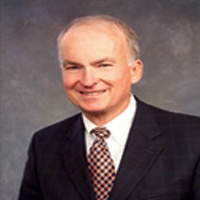Dalton City Estate Lawyer, Illinois
Hugh Rowden
✓ VERIFIEDDUI-DWI, Traffic, Estate, Power of Attorney, Consumer Rights
A native of Decatur, Illinois. Mr. Rowden graduated from University of Illinois in 1969 and received his Law Degree from University of Iowa in 1972. H... (more)
R Samuel Postlewait
Construction, Transportation & Shipping, Wills & Probate, Franchising
Status: In Good Standing
Scott Garwood
Estate Planning, Merger & Acquisition, Transactions, Business & Trade
Status: In Good Standing
Glen A. Featherstun
Construction, Litigation, Wills & Probate, Workers' Compensation, Insurance
Status: In Good Standing Licensed: 59 Years
Daniel L Gaumer
Real Estate, Litigation, Estate Planning, Family Law, Personal Injury
Status: In Good Standing Licensed: 49 Years
Jerrold H Stocks
Wills & Probate, Bad Faith Insurance, Construction, Agriculture
Status: In Good Standing Licensed: 36 Years
Jeffery Hawkins
Commercial Real Estate, Estate Planning, Estate, Transactions
Status: In Good Standing Licensed: 30 Years
Jeffery James Hawkins
Commercial Real Estate, Estate Planning, Estate, Transactions
Status: In Good Standing Licensed: 30 Years


